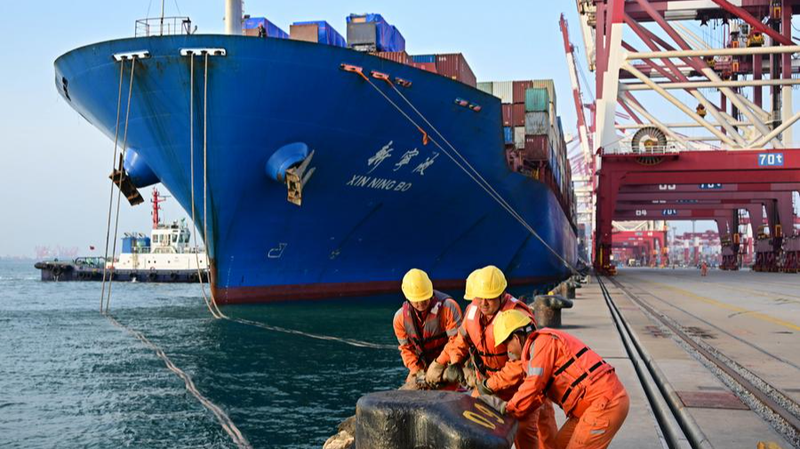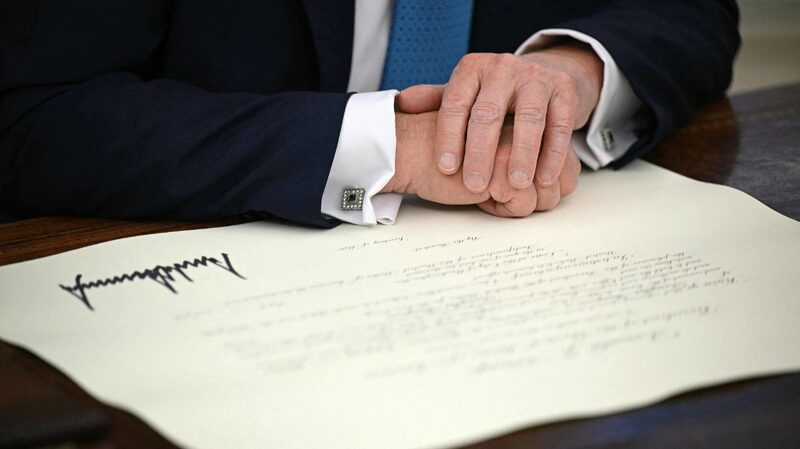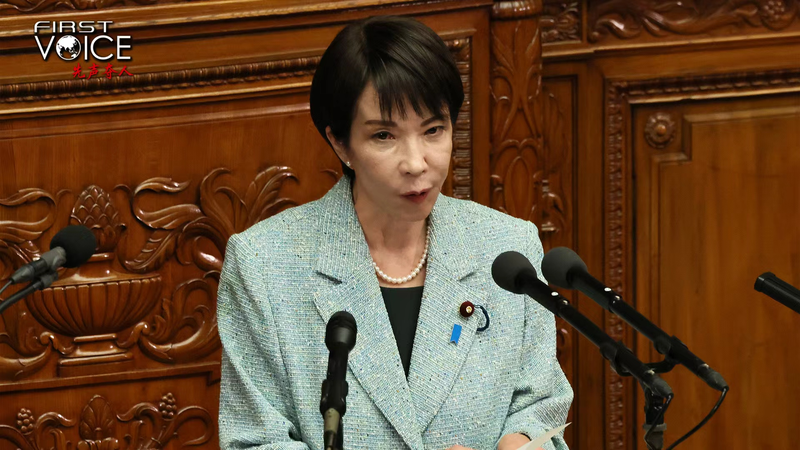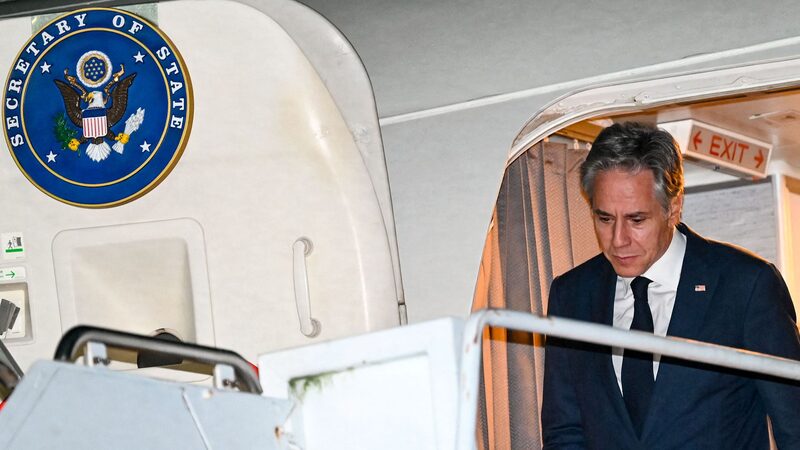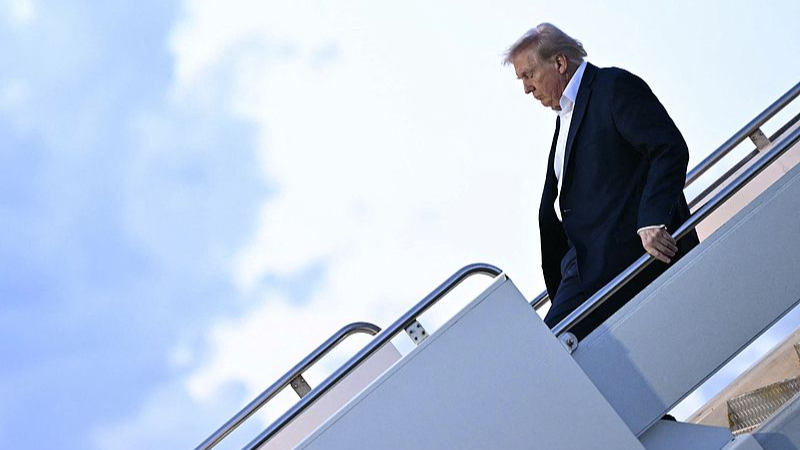As global trade tensions escalate, Asian nations face mounting challenges in balancing economic growth with geopolitical pressures. Recent U.S. tariff threats – extending even to long-standing allies like Japan and the Republic of Korea – have intensified concerns about America's commitment to regional stability.
Eroding Trust in Traditional Partnerships
The 2024 Southeast Asia State of Affairs Report reveals a 12% year-on-year decline in regional trust toward Washington. Japanese public confidence in the U.S. has plummeted to 22%, according to a June 2025 Yomiuri Shimbun poll – the lowest this century. This skepticism stems from abrupt policy shifts, including sudden aid cuts impacting development projects in Bangladesh and inconsistent approaches to global conflicts.
Security Concerns and Economic Realities
While maintaining military bases in Guam and engaging in cross-strait affairs, U.S. actions increasingly prioritize domestic interests through measures like the CHIPS Act and export controls. The 2021 Afghanistan withdrawal remains a potent symbol of perceived unreliability, with many Asian leaders questioning the sustainability of security arrangements.
Charting a New Course
Regional economies are exploring alternatives through initiatives like:
- Expanded ASEAN+3 financial cooperation mechanisms
- Accelerated implementation of RCEP trade provisions
- Emerging technology partnerships bypassing traditional Western channels
As supply chains reconfigure, nations from the Chinese mainland to Vietnam are investing in semiconductor self-sufficiency while maintaining crucial economic ties across the Taiwan Strait.
The Path Ahead
With the multilateral system under strain, Asian countries face complex choices between economic pragmatism and strategic autonomy. The coming years may see increased regional coordination efforts, though differences in development levels and political systems present ongoing challenges.
Reference(s):
cgtn.com
